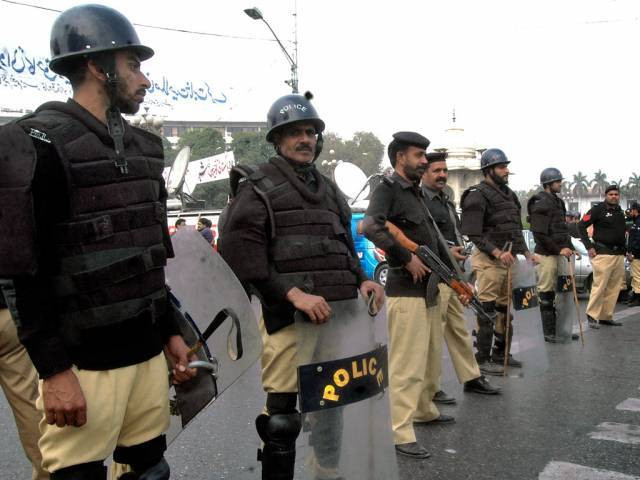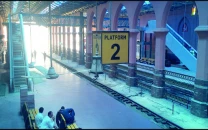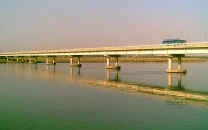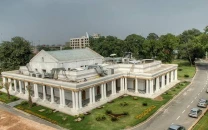Security steps a nuisance for public
Restrictions on movement, harassment among issues faced by citizens

Incidents such as the recent Johar Town blast often lead to chaos in major cities.
The police teams, which reach the spot, and are tasked to secure the incident site as well as nearby areas, often take steps which may cause serious inconvenience to the public.
Police often rush to take security measures which include controlling crowds that gather at the blast incident site and restricting public movement.
These steps taken by Punjab Police are often unannounced and result in issues of police abuse, harassment and misuse of authority in the name of ‘heightened security’.
This was a similar scenario in the untoward incident of the Johar Town blast where the flawed security measures led towards public nuisance at a large scale rather than resulting in any positive outcome.
Such incidents do not occur because of the public. People using the public spaces of major cities have never been found to aggravate such situations.
Neither have such measures by the police resolved the incidents nor do they put a stop to the chaos that results in the aftermath.
The country has been facing such situations frequently since the war on terror started in the early 2000s.
Reliable analysis of sufficient data on such incidents shows that these blast incidents occur due to police intelligence as well as security failures. And these explosions kept happening because of a systematic failure at the security level.
Read Police reforms – a distant dream
Many of these blasts also took place happened because of the overall poor security situation.
These explosions may have been a result of the factors that often serve as breeding grounds of militancy including poverty, illiteracy and a regressive education system that often fuels extremism.
Lahore Capital City Police Officer (CCPO) Ghulam Mehmood Dogar, right after the Johar Town blast, issued directions to heighten security measures across the provincial capital. This included setting up pickets at roads to check ‘suspects.’
A few days later, a high level meeting was held at Qila Gujjar Singh where Punjab Police’s top brass reiterated that the National Action Plan needs to be implemented.
Let us deconstruct the larger picture of steps taken in response to occurrence of any untoward happening.
The steps are mostly taken with a perspective of increasing indiscriminate checking of any passerby in the aftermath of the event rather than building capacity of the police department to pre-empt such incidents.
Due to these stringent police steps, what happens to common citizens and how they were treated became a serious problem. The abuse of power often took place both at these incident sites as well as at the level of a police station, involving ASI, SI or a constable.
During the past two to three weeks, three incidents of abuse of power by police in the city took place. In the first case, a Model Town ASI Saifullah rounded up a theatre arts teacher Abuzar Madhu. The teacher was detained overnight.
When there was public outcry over the matter on social media platforms, it came to light that the teacher was booked simply for having long hair.
A similar case was reported in Shahdara Town where a cop booked a labourer who had been visiting Data Darbar shrine from Gujranwala. He was just walking by foot on road to catch a bus just like Madhu.
In another case, an SHO in Defence along with officials was suspended for detaining a large number of hotel employees after they had demanded money for food. He had arranged a treat for his friends from the outlet but had no intentions to pay for it from his own pocket.
Published in The Express Tribune, June 28th, 2021.



















COMMENTS
Comments are moderated and generally will be posted if they are on-topic and not abusive.
For more information, please see our Comments FAQ